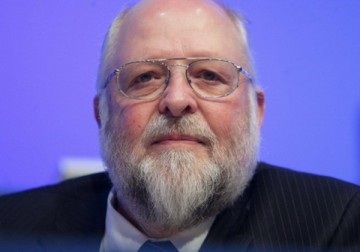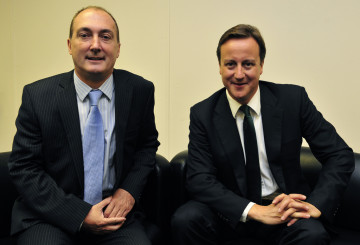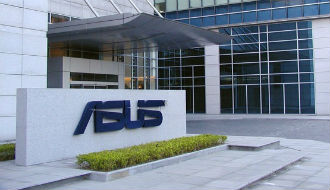 US chipmaker Qualcomm is going to outsource the production of its new Snapdragon 820, to Samsung so ti can take advantage of its 14nm node process.
US chipmaker Qualcomm is going to outsource the production of its new Snapdragon 820, to Samsung so ti can take advantage of its 14nm node process.
Samsung has demonstrated its 14nm as a proven process as showcased by the performance and power consumption of its14nm EXynos 7420 CPU developed in house.
Digitimes Research thinks that since Samsung has also been aggressively striving for orders with competitive pricing, other players such as Nvidia, AMD and MediaTek are believed to have a high chance of shifting part of their orders to Samsung.
It warns that this could affect the global mobile AP market in 2015 and 2016.
Qualcomm was forced to accelerate the roadmap of its mobile AP following a mishap of the Snapdragon 810 and is also being pushed to fabricate its Snapdragon 820 via Samsung’s 14nm process as the development of a similar advanced 16nm process by Taiwan Semiconductor Manufacture Company (TSMC) is currently lagging Samsung’s 14nm node by about one quarter.
With Samsung shifting to use in-house developed APs for its high-end models such as the Galaxy S6 and Galaxy Note 5 instead of Qualcomm’s APs, Qualcomm is expected to see its high-end AP shipments halve to 100 million units in 2015. As a result, the Snapdragon 820 might be used as a bargain chip persuading Samsung to purchase more of its high-end Snapdragon chips.
Qualcomm is likely to outsource up to half of the Snapdragon 820 chips to Samsung in 2016, attracting other chip suppliers to follow suit.



















